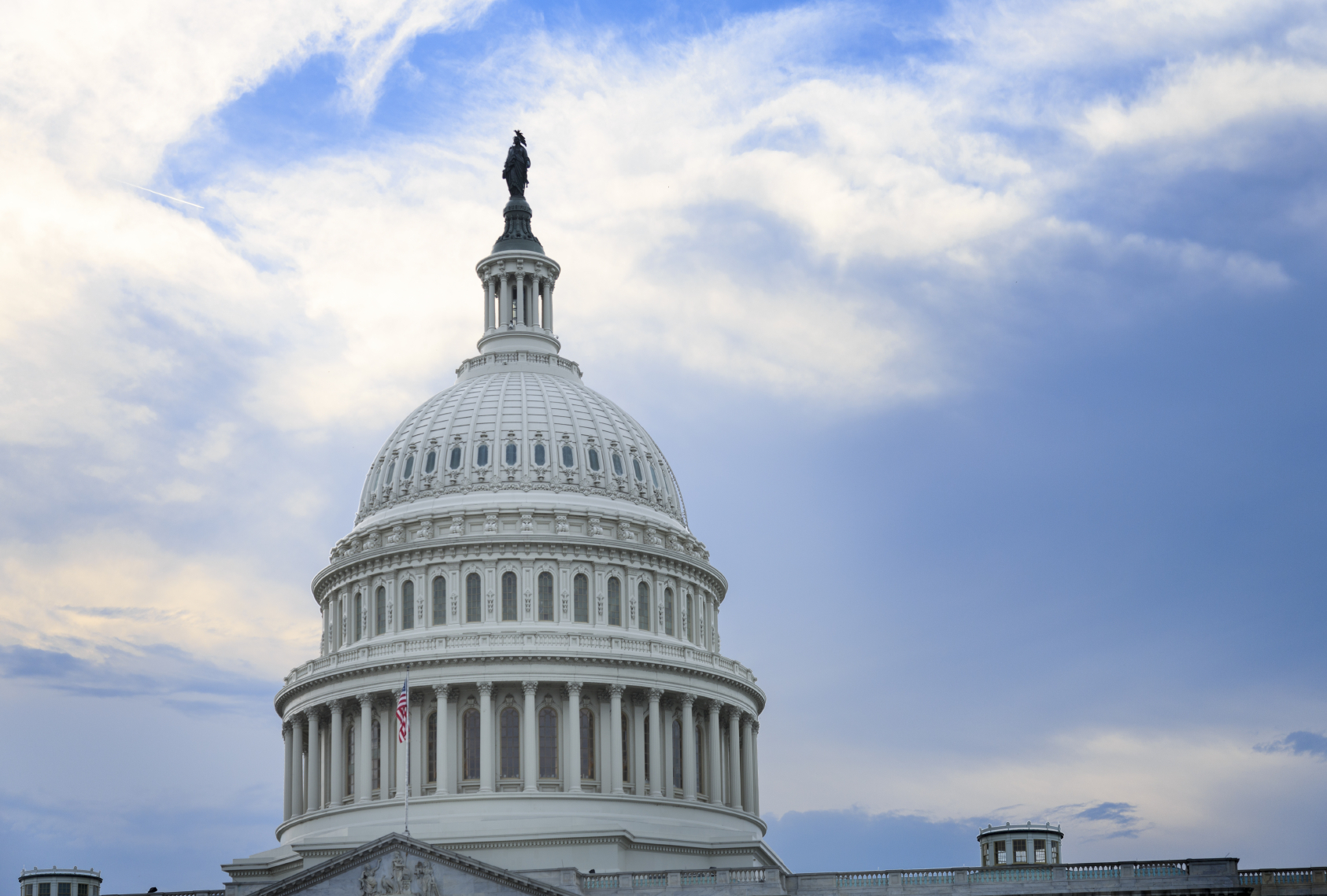In Another Backroom Deal, Congress Looks to Tack Energy Handouts Onto FAA Bill

In December 2015, Congress passed a massive omnibus spending bill, which included a $23.8 billion, five-year extension of the wind Production Tax Credit (PTC) and the solar Investment Tax Credit (ITC). This extension marked a big win for wealthy industrial wind developers and solar investors—all at the expense of American taxpayers.
Now, some in Congress—both Democrats and Republicans—have proposed extending several other energy subsidies that were not included in the year-end omnibus and tax extenders deal. Democratic Senators Harry Reid and Ron Wyden are leading the charge to extend tax credits for small wind power facilities, combined heat and power, fuel cell facilities, and geothermal heat pumps as part of the Federal Aviation Administration (FAA) reauthorization bill. Extending these subsidies will cost taxpayers an estimated $1.4 billion.
Loath to be left off the gravy train, the biofuels lobby is also pushing for a multi-year extension of five subsidies that already received a two-year extension just last year. These include the Second Generation Biofuel Producer Tax Credit, the Special Depreciation Allowance for Second Generation Biofuel Plant Property, the Biodiesel and Renewable Diesel Fuels Credit, the Alternative Fuel and Alternative Fuel Mixture Excise Tax Credit, and the Alternative Fuel Vehicle Refueling Property.
Subsidies for green energy aren’t the only energy related handouts in the mix. Several Republicans including Sens. Roy Blunt, Shelley Capito, John Barrasso, and Mike Enzi are pushing to include language that would extend subsidies for carbon capture and sequestration (CCS) technology, which are set to expire at the end of this year. The length and cost of this extension is unknown, because these discussions are taking place behind closed doors.
When asked about extending the subsidies for green energy, Minority Leader Harry Reid stated, “We have businesses run by Democrats and Republicans … whose actual life depends on this money. It needs to be there.”
Reid’s statement makes it clear that he is more interested in rewarding lobbyists and corporations than protecting American taxpayers. This isn’t surprising, as the Senator has a well-documented history of securing subsidies for his allies in the industry.
Senator Heidi Heitkamp, who is pushing for an extension of CCS subsidies, stated, “There are going to be things in there for renewables and things in there for fossils… Anything that we pass out of a divided Congress is going to have to be balanced.”
Balanced for whom? Certainly not for American taxpayers, who are forced to foot the bill for these subsidies. Two wrongs don’t make a right, and it is wrong to spend taxpayer dollars on energy giveaways, regardless of the source or technology.
Extending these subsidies is not about promoting viable energy sources. It is about perpetuating a cycle of dependency where politicians feed money to industries that then instruct their lobbyists to support those same politicians.
If these energy sources and technologies are viable, then there’s no reason to subsidize them. Further, if they still aren’t viable after years of handouts, then why should the American people continue to subsidize them?
To make matters worse, the process by which these handouts are being considered – behind closed doors and free from the scrutiny of the American public – has become so commonplace, lawmakers now seem to be bragging about it. When asked about the specifics on certain credits, Senator Ron Wyden responded, “We’re not going to negotiate in public.” We deserve far better from our elected representatives.
It remains unclear how these subsidies would be attached to the FAA reauthorization bill, which, it should be noted, has nothing to do with energy. These extenders could either be voted on as standalone amendments or included in the underlying legislation. This second option is possible because Sen. McConnell and Reid have reportedly agreed to allow a tax title in this legislation, thereby opening the door for pork barrel tax subsidies to be tied directly to the bill. Unfortunately, this strategy of tying special interest handouts to unrelated “must-pass” legislation has become the new normal in Washington. This process bars the American public from having a voice in the debate. Again, because much of the deal making is happening behind closed doors, it is still uncertain how many of these subsidies will find their way into the bill.
It is time for both political parties to recognize the high cost that energy subsidies inflict on the American people. Just a few short months ago, Congress wasted billions of dollars on similar subsidies that were shoveled into the omnibus spending bill. Congress should not go back to the well to add a second wave of subsidies. It’s time to end the cycle of dependency for wealthy energy speculators and their lobbyists. Enough is enough.


